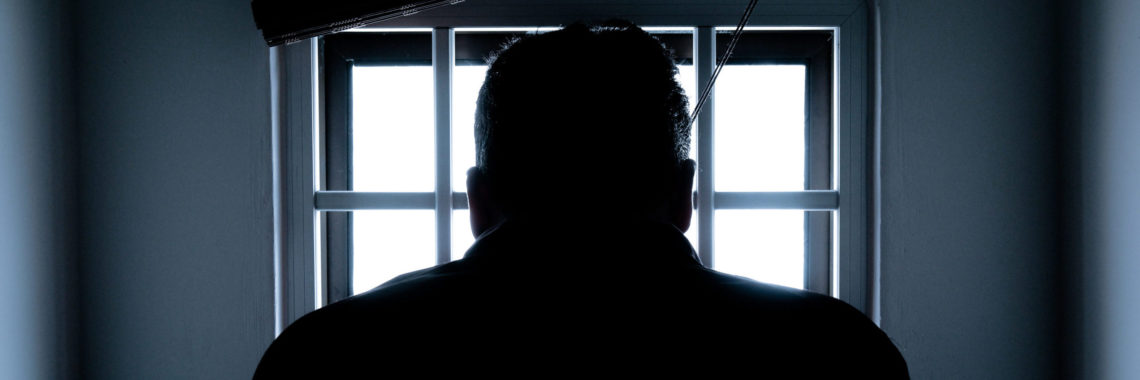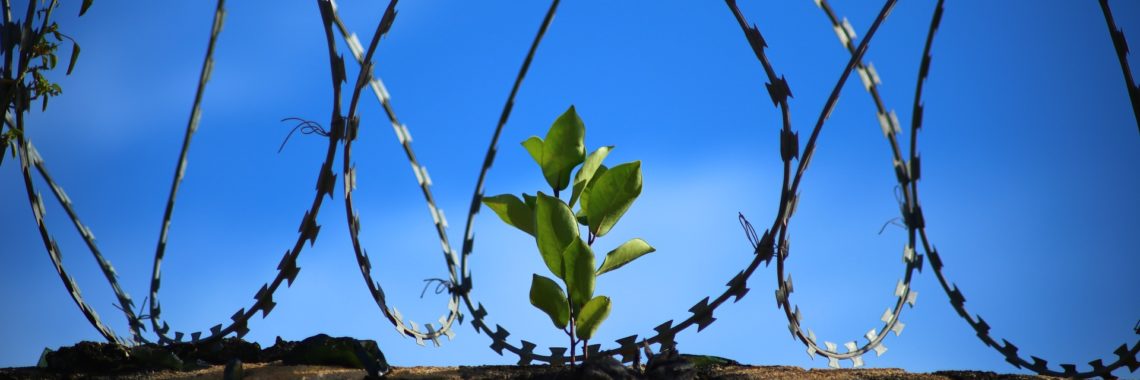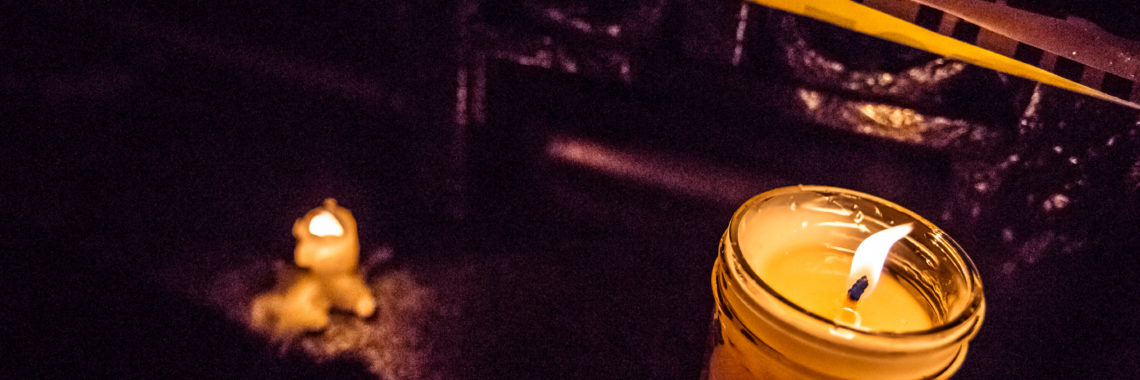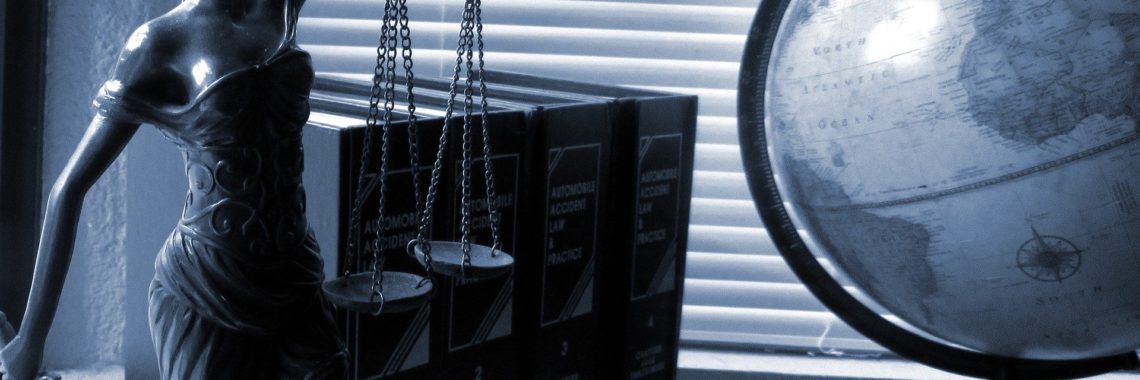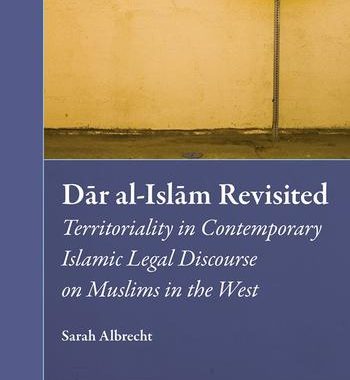“Mass Gatherings – COVID-19 Quarantines, Religious Rights, and Criminal Law” by Matthew P. Cavedon
Image adapted from Wikicommons by DhLeaks44 / CC BY-SA 4.0 This article is part of our “Reflecting on COVID-19” series.If you’d like to check out other articles in this series, click here. “Mass Gatherings – COVID-19 Quarantines, Religious Rights, and Criminal Law” Matthew P. Cavedon COVID-19 has become the sort of generational event that September 11, the fall of the…



